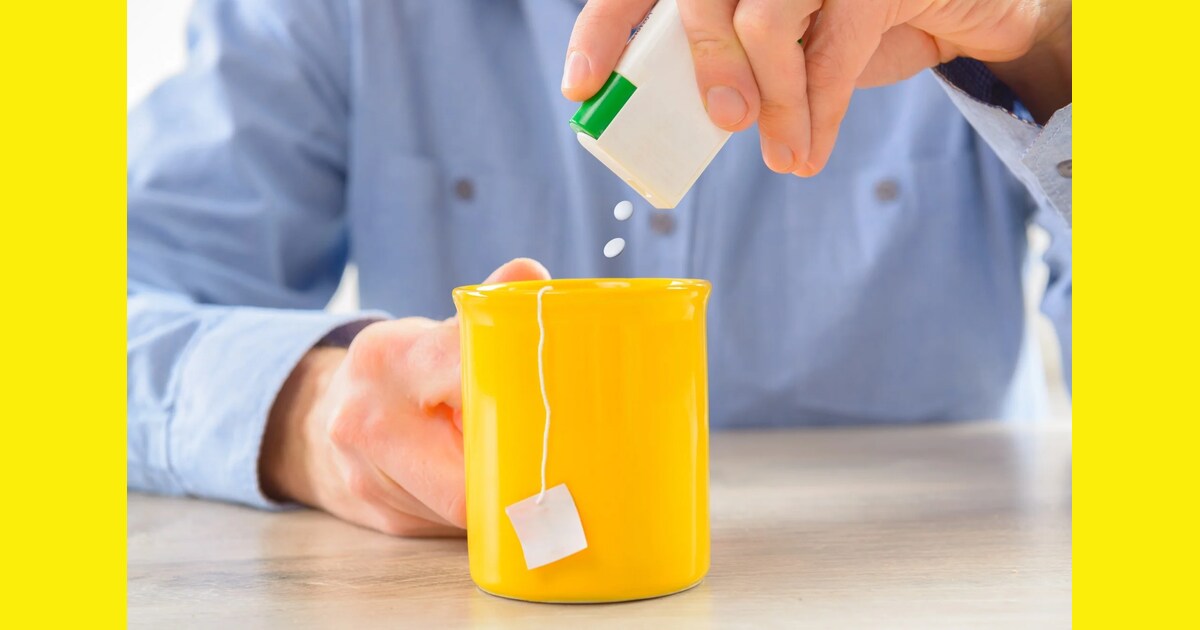Have you heard about the recent study on artificial sweetener aspartame’s potential effects on memory and learning? Let’s dive into the intriguing findings and the debate surrounding them.
Is Artificial Sweetener Aspartame Impacting Your Memory?
A recent study conducted by Florida State University (FSU) College of Medicine has raised concerns about the potential impact of the artificial sweetener aspartame on memory and learning, particularly in future generations.
Published in the journal Scientific Reports, the study observed male mice consuming aspartame, even at levels deemed safe by the FDA, and found that their offspring exhibited spatial learning and memory deficits.
The researchers divided the mice into three groups. One group consumed 15% of the FDA’s recommended daily aspartame intake, equivalent to four 8-oz. sodas.
Another group consumed 7% of the recommended intake (two 8-oz. sodas daily), while a control group consumed only water. Over a 16-week period, these mice were subjected to maze tests at 4-week intervals.
The results were striking. Mice that consumed only water consistently outperformed the aspartame-consuming groups. While the latter eventually completed the maze, they took significantly longer and often required extra assistance.
Dr. Pradeep Bhide, co-author of the study, noted that this effect was observed only in the children of the male mice and not in subsequent generations, indicating a potential link to epigenetic changes in sperm.
Dr. Bhide urged the FDA to adopt a more comprehensive, multi-generational perspective on the effects of aspartame, given these findings.
However, the World Health Organization (WHO) has yet to address the cognitive effects of aspartame, despite classifying it as “possibly carcinogenic to humans” in June, a classification disputed by industry experts.
Dr. Kelly Johnson-Arbor, a medical toxicology physician in Washington, D.C., who was not involved in the FSU study, expressed concern about the study’s implications.
She suggested that even low-level aspartame consumption might contribute to hereditary memory and learning problems across generations due to genetic changes in sperm. She acknowledged the need for more studies to definitively establish this connection.
One significant limitation of the FSU research is that it was conducted solely in mice, and its applicability to humans remains uncertain. Dr. Johnson-Arbor advised cautious consumption of artificial sweeteners until more conclusive evidence emerges.
In response to these findings, the Calorie Control Council defended aspartame, emphasizing that the study’s results should not be extended to humans.
According to Robert Rankin, the Council’s president, there is no conclusive link between low- and no-calorie sweeteners and cognitive impairments in humans. He cited numerous global health organizations that have deemed aspartame safe based on rigorous assessments.
Despite the debate, the study’s results underscore the importance of continued research into the potential health impacts of artificial sweeteners like aspartame.
As the discussion unfolds, consumers are encouraged to stay informed and make informed choices about their dietary preferences and habits.








Leave a Reply
You must be logged in to post a comment.